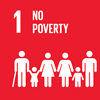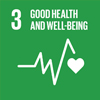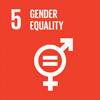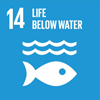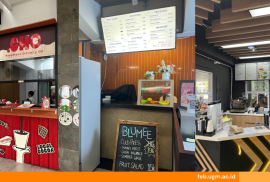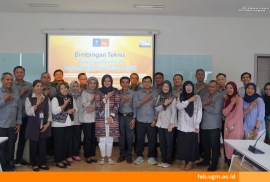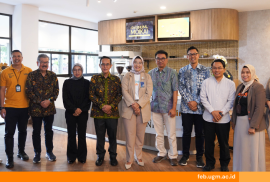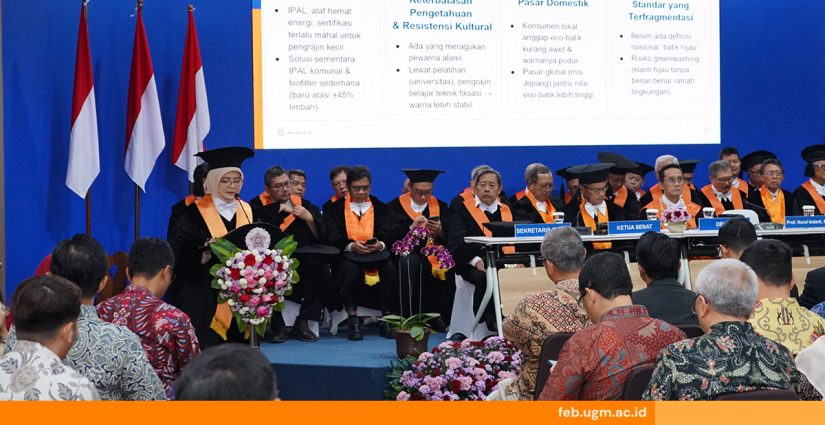
Behind the beauty of batik motifs, born from generations of tradition, lies a significant dilemma: the chemical dye waste that often pollutes the rivers surrounding batik production centers. It raises a pressing question: must cultural heritage come at the cost of environmental damage?
Professor of Innovation and Entrepreneurship at the Faculty of Economics and Business, Universitas Gadjah Mada (FEB UGM), Prof. Nurul Indarti, Sivilokonom., Cand.Merc., Ph.D., stated that batik is not merely fabric; it is a cultural heritage recognized by UNESCO and a symbol of national identity. Beyond that, batik provides livelihoods for millions of Indonesians, primarily women. However, today’s global demand emphasizes not only aesthetic beauty but also environmentally responsible production processes.
“The answer to this dilemma lies in green innovation efforts to reduce negative environmental impacts through new products, processes, or business models,” she said.
According to her, the transformation toward green innovation in batik should not be viewed merely as an adaptive business strategy. It represents a tangible manifestation of women’s socio-economic empowerment and a means to uphold Indonesia’s cultural dignity in the face of global sustainability demands.
Prof. Nurul explained that green innovation in batik can take various forms, ranging from the use of natural dyes such as indigo, sappanwood, and teak leaves to waste treatment methods utilizing biofilters and phytoremediation. It also includes implementing circular economy principles by turning fabric scraps into bags, accessories, and home decorations.
So why do batik artisans or small and medium enterprises (SMEs) choose the green path? Research conducted by Nurul and her team revealed how batik SMEs in Indonesia perceive and implement green innovation. She described three theoretical frameworks that help explain this phenomenon.
The first is self-determination theory, where some artisans consciously choose the green path not for short-term profit but out of moral and spiritual conviction.
“They feel responsible for the environment. This intrinsic motivation provides long-term energy, even when costs are high and technology access is limited,” Prof. Nurul explained.
The second is institutional theory, which suggests that external pressures compel SMEs to transform, such as government regulations like Law No. 32/2009 on Environmental Protection and Management, local community protests against pollution, and competition from peers that successfully enter international markets. Coercive, normative, and mimetic pressures together drive change.
The third is the triple bottom line, which states that green innovation must create value across three dimensions: profit, planet, and people.
“Through this lens, green practices are not mere obligations but business strategies that deliver economic, social, and environmental benefits,” she elaborated.
She also shared several inspiring stories of batik SMEs that have implemented green innovation. Paradise Batik earned the Green Industry Certificate and penetrated international markets through environmentally friendly practices, energy efficiency, and sustainability narratives. Smart Batik stood out with palm-based batik innovation and integrated production processes that minimize waste, while Kampung Harapan Ponorogo involved artisans with disabilities in its production.
Nurul emphasized that what makes green batik special is not merely its technology but the stories it carries, cultural stories where motifs represent prayers, philosophy, and identity; natural stories from leaves, wood, and flowers; and ethical stories of inclusive, fair, and empowering production for women and people with disabilities.
“These intertwined stories of culture, nature, and ethics highlight how market demand now aligns with sustainable practices. Global consumers no longer buy just a product’s function; they buy the story within it,” she said.
Yet, Nurul acknowledged that the journey toward green batik is far from easy. Structural, cultural, and market challenges persist. The main barrier lies in cost and technological access, as installing wastewater treatment systems (WWTP) requires significant investments.
“Other issues include limited technical knowledge, cultural resistance, and domestic market skepticism toward eco-batik quality. The absence of clear national standards also risks greenwashing,” she added.
Given these constraints, artisans have developed a range of diverse strategies. Some adopt ambidexterity, continuing conventional batik production for domestic markets while developing eco-batik for premium international markets. Others have fully transitioned to natural dyes or collaborated to build communal wastewater treatment facilities.
Nurul concluded that these challenges are not the end of the story, but rather a catalyst for innovation, positioning eco-batik as a locomotive of cultural competitiveness and a symbol of Indonesia’s leadership in sustainability in global markets. She suggested several key reflections: strengthening value-based motivation, directing institutional pressures productively, establishing inclusive standards and certifications, and using the triple bottom line as a strategic compass. Collaboration across sectors involving SMEs, NGOs, universities, government, and private partners is also crucial.
Report by: Shofi Hawa Anjani
Editor: Kurnia Ekaptiningrum
Sustainable Development Goals

